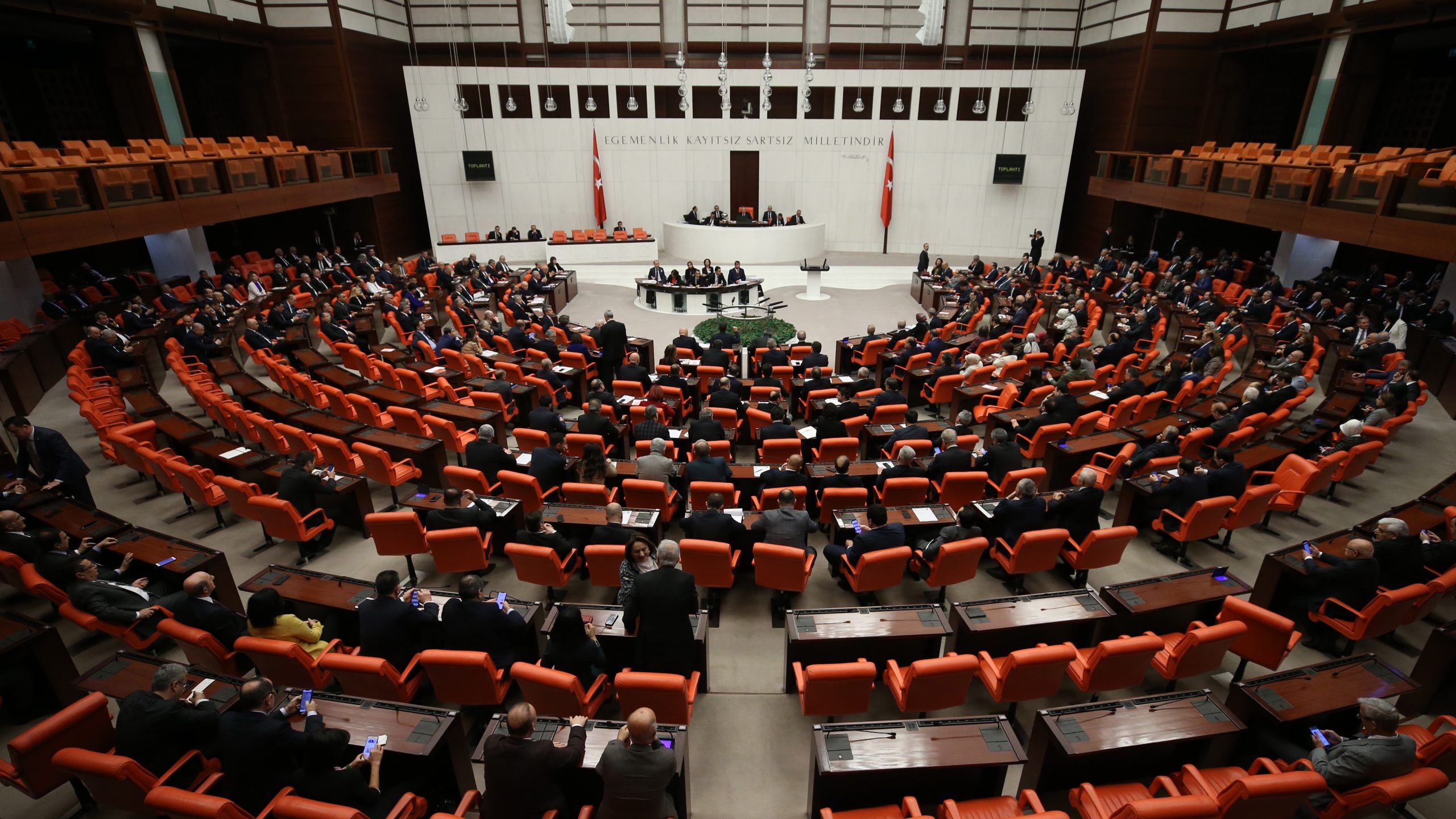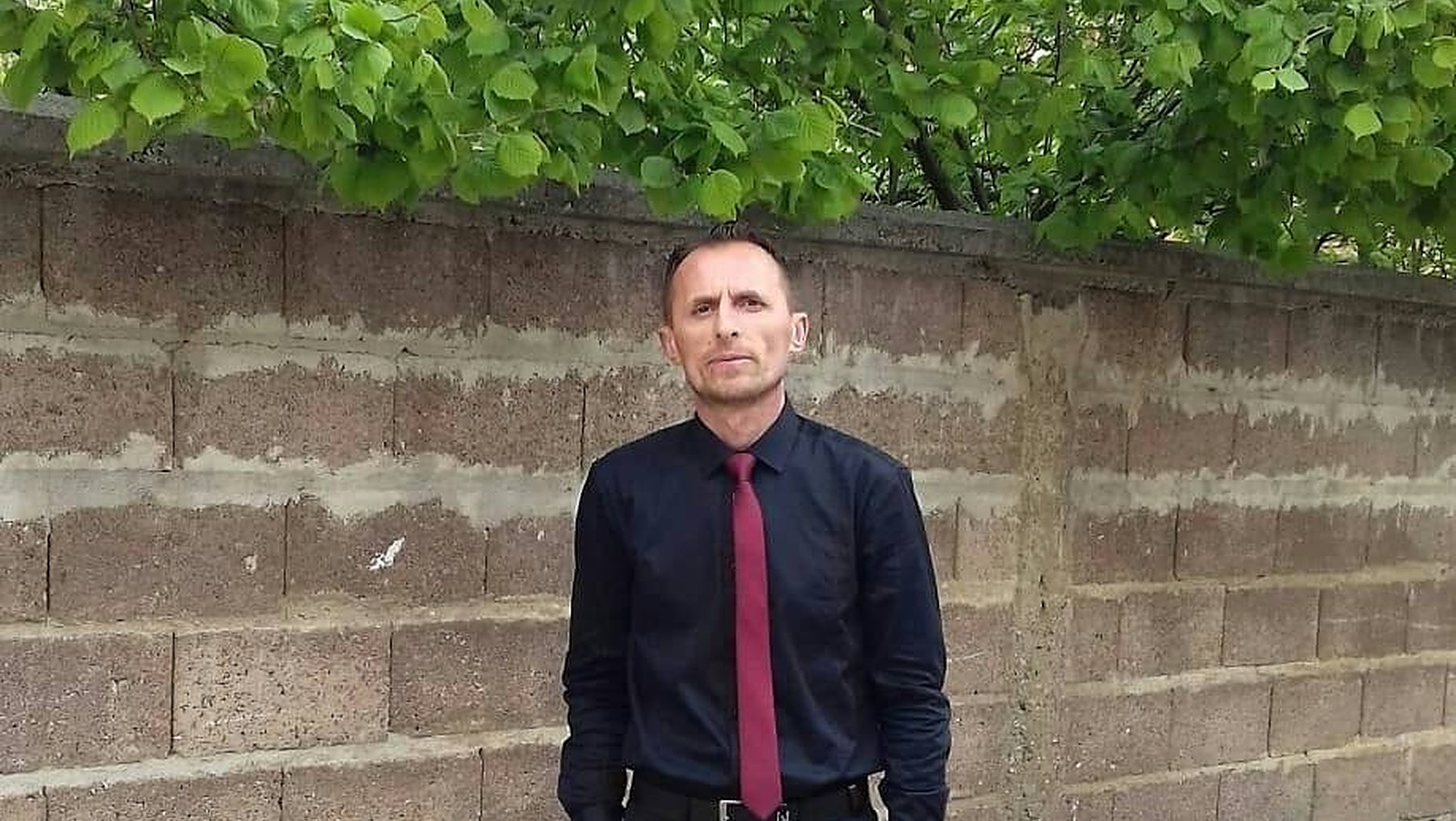Albania has come under a “massive cybernetic attack”, the government announced on Monday, which pro-government media blamed on Russia.
The main servers of the National Agency for Information Society, which handles many services, were all down on Monday after being hit on Sunday by “an attack from abroad”.
“Albania is under a massive cybernetic attack that has never happened before. This criminal cyber-attack was synchronized… from outside Albania,” the Council of Ministers said in a press release.
“In order to not allow this attack to damage our information system, the National Agency of Information Society had temporarily shut down online services and other government websites,” it added.
The National Agency for Information Society, AKSHI, is a controversial institution, which some accuse of misusing citizens’ personal data for political purposes. It has been also suspected of funneling millions of euros to progovernment media through procurements of various services.
The government of Prime Minister Edi Rama closed desk services for the population lately and ordered mandatory use of its online services for everything from enrolling in school to obtaining an ISBN number for a new book at the National Library.
However, several important services, such as online tax filing, are still working, as they use separate servers.
Sali Berisha, a former PM and opposition leader, blamed the ineptitude of the government rather than Russia for the meltdown, pointing out that the government had concentrated too many services in the AKSHI.
“How did it it happen that the government ordered almost all important services to go through this website?’ he asked. “How can such initiatives be undertaken while no professional policing against cyber crime is yet in place?” he added.









 Former socialist Prime Minister Ferenc Gyurcsany addresses demonstrators protesting against the policies of the Hungarian government in a street overlooking the Parliament building in Budapest, Hungary, 28 September 2018. Photo: EPA-EFE/ZOLTAN MATHE
Former socialist Prime Minister Ferenc Gyurcsany addresses demonstrators protesting against the policies of the Hungarian government in a street overlooking the Parliament building in Budapest, Hungary, 28 September 2018. Photo: EPA-EFE/ZOLTAN MATHE Incident desfasurat in timpul sedintei ocazionate de citirea motiunii simple de cenzura impotriva ministrului energiei, in plenul Parlamentului Romaniei, 7 februarie 2022. Photo: Inquam Photos / Ilona Andrei
Incident desfasurat in timpul sedintei ocazionate de citirea motiunii simple de cenzura impotriva ministrului energiei, in plenul Parlamentului Romaniei, 7 februarie 2022. Photo: Inquam Photos / Ilona Andrei Workers decorate with Christmas lights the head office of Raiffeisen Bank in Pristina, Kosovo, 16 December 2020. Photo: EPA-EFE/VALDRIN XHEMA
Workers decorate with Christmas lights the head office of Raiffeisen Bank in Pristina, Kosovo, 16 December 2020. Photo: EPA-EFE/VALDRIN XHEMA A bitcoin sign is placed in front of a crypto exchange office in Pristina, Kosovo, 10 January 2022. Photo: EPA-EFE/VALDRIN XHEMAJ
A bitcoin sign is placed in front of a crypto exchange office in Pristina, Kosovo, 10 January 2022. Photo: EPA-EFE/VALDRIN XHEMAJ

 Ethnic Albanians march in protest following a court decision in Skopje, North Macedonia, 29 January 2021. Photo:
Ethnic Albanians march in protest following a court decision in Skopje, North Macedonia, 29 January 2021. Photo:  Novak Djokovic of Serbia reacts during his men’s singles fourth round match against Milos Raonic of Canada at the Australian Open Grand Slam tennis tournament at Melbourne Park in Melbourne, Australia, 14 February 2021. Photo:
Novak Djokovic of Serbia reacts during his men’s singles fourth round match against Milos Raonic of Canada at the Australian Open Grand Slam tennis tournament at Melbourne Park in Melbourne, Australia, 14 February 2021. Photo:  Independent MP Timea Szabo (C), Co-Chairperson of the oppositional Dialogue party unfolds a long sheet of paper containing projects of civic organizations supported by the Norwegian Fund as legislators vote on a draft concerning the transparency of organizations receiving funding from abroad during a session of the Parliament in Budapest, Hungary, 13 June 2017. Photo:
Independent MP Timea Szabo (C), Co-Chairperson of the oppositional Dialogue party unfolds a long sheet of paper containing projects of civic organizations supported by the Norwegian Fund as legislators vote on a draft concerning the transparency of organizations receiving funding from abroad during a session of the Parliament in Budapest, Hungary, 13 June 2017. Photo: 


 Serbian flags fly on the Serbian Government building in Belgrade, Serbia, 15 September 2020. Photo: EPA-EFE/MARKO DJOKOVIC
Serbian flags fly on the Serbian Government building in Belgrade, Serbia, 15 September 2020. Photo: EPA-EFE/MARKO DJOKOVIC


